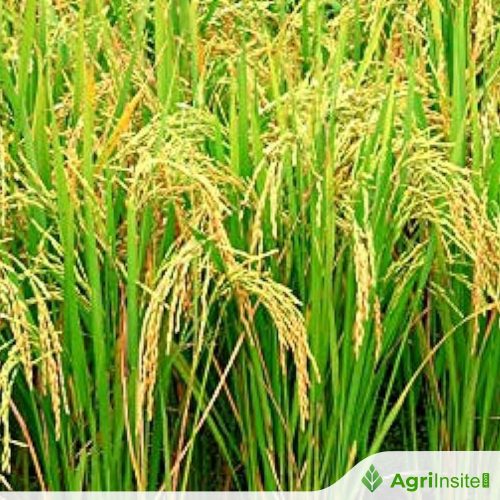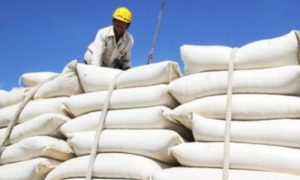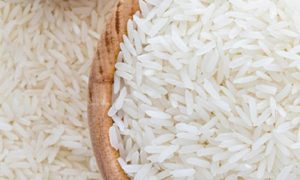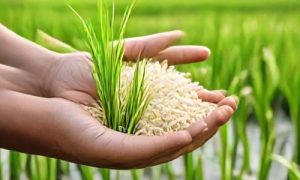Study Reveals Success and Challenges of DBT for Rice Scheme in Karnataka

A study by Arcus Policy Research on Karnataka’s Anna Bhagya Scheme reveals that the Direct Benefit Transfer (DBT) of rice has improved household welfare, financial inclusion, and consumption patterns. The DBT contributed to higher spending on education, health, and better-quality grains. Rural and urban financial inclusion also saw significant gains, with many beneficiaries opening their first bank accounts. Despite the benefits, preferences for cash versus food grains varied, and the study highlights the need for region-specific policy adjustments to maximize impact.
A recent study by Arcus Policy Research (APR) on unconditional cash transfers for rice in Karnataka reveals considerable success in improving household welfare, financial inclusion, and consumption patterns. However, disparities in utilization and preferences based on education and geography highlight the need for more tailored policy approaches.
The Anna Bhagya Scheme, launched in July 2023 by the Karnataka government, pioneered Direct Benefit Transfer (DBT) for foodgrains in India to supplement the free rice allocation under the National Food Security Act (NFSA). The study offers crucial insights into the dynamics of household welfare and the challenges surrounding DBT transfer.
Based on responses from 1,585 households across six districts of Karnataka, the study found that although the DBT amount accounted for only about 5 percent of a household’s average monthly income, the augmented income supported additional expenditures on education, health, and loan repayment.
Notably, most of the DBT funds were used to buy more or better-quality grains, aligning with the scheme’s primary objective of enhancing food security. However, a portion of the funds was also allocated to other essential and discretionary spending, highlighting the flexibility and autonomy provided by unconditional cash transfers. Only a small percentage of funds were reportedly diverted to non-productive uses, indicating the need for continuous monitoring and beneficiary education.
One of the standout findings was the scheme’s significant impact on financial inclusion. Approximately 43 percent of rural and 33 percent of urban respondents opened their first bank accounts as a result of the program. This underscores the scheme’s role in integrating marginalized communities into the formal banking system, a vital step toward broader financial empowerment.
In terms of DBT utilization, households received an average of Rs 576-583 per month, forming a small yet significant portion of their income. The study found that beneficiaries withdrew substantial amounts of DBT funds from their bank accounts, indicating immediate consumption or financial needs. However, a noteworthy portion of households retained part of the DBT amount in banks, suggesting a nuanced approach to financial management among the beneficiaries. Preferences for cash versus food grains were mixed, with a slightly higher inclination toward receiving food grains, particularly in urban areas.
The report was released by Prof. Ramesh Chand (Member, NITI Aayog) with Ramandeep Chowdhary (Secretary- Food & Civil Supplies, Government of Karnataka), Dr. Pratap Birthal (Director, NIAP) and Ajay Vir Jakhar (Chairman – Bharat Krishak Samaj). on this occasion Lead author Shweta Saini raised important questions about the viability and future of cash transfer programs. Former Agriculture Secretary Siraj Hussain and former Senior Research Analyst at Arcus Policy Research, Zeeshan, co-authored the report.
The study underscores the importance of designing cash transfer programs that are sensitive to local contexts and beneficiary profiles, ensuring that these initiatives effectively address the diverse needs of target populations.
Source Link : https://eng.ruralvoice.in/national/study-reveals-success-and-challenges-of-dbt-for-rice-scheme-in-karnataka.html

















